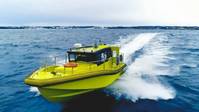
Blue World and Tuco have agreed to develop and demonstrate a flexible methanol fuel cell solution for electric workboats. The Blue World methanol fuel cell technology is designed to provide a green alternative to the maritime industry and depending on boat type…
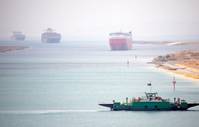
Egypt's Suez Canal Economic Zone signed an agreement worth $3 billion to produce up to 350,000 tonnes of green energy for fueling ships in Ain Sokhna with a consortium that includes EDF Renewables EDF.PA and the Egyptian sovereign wealth fund…
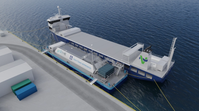
Norway's Yara and Azane Fuel Solutions have signed a deal to create a Scandinavian network of bunker terminals to supply ships with zero-carbon ammonia as marine fuel, the companies said on Friday.They said the network will make 'green' ammonia…
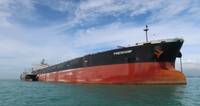
TotalEnergies Marine Fuels carried out its first marine bio-VLSFO (Very Low Sulfur Fuel Oil) bunker delivery in Singapore’s port waters, as part of a biofuel trial recently completed by NYK Line and Anglo American.During the operation, a B10…

Hydrogen as fuel was in the spotlight during the last two weeks. The Senate's Energy and Natural Resources Committee held a hearing on February 10 looking at H challenges in the transportation, utility, industrial, commercial, and residential sectors…
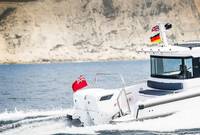
Cox Marine joined SHAPE UK, a consortium looking to transition Portsmouth International Port into the UK’s first zero-emissions maritime hub. As part of this project, Cox will be working with the University of Brighton to convert one of the…
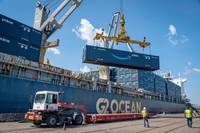
Amazon.com Inc and IKEA are among commercial users of container shipping that will opt for zero-carbon marine fuels by 2040 in a new initiative aimed at speeding up decarbonization in the maritime sector, executives said on Tuesday.With about 90% of world trade transported by sea…
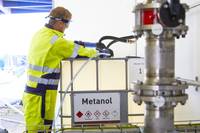
In 2015 Stena Line converted the 240-m Stena Germanica to become the world’s first methanol powered ferry. Fast forward six years and the Swedish ferry company has achieved another world first, powering Stena Germanica with methanol recycled…
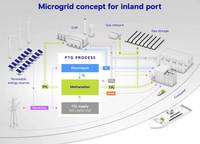
As the maritime industry embarks on 'the path to zero', it is widely acknowledged that there is currently not a 'silver bullet' solution, nor is it likely that a solution will emerge from a vaccum. Collaboration is the path forward, and efforts such as MethanQuest offer promise…
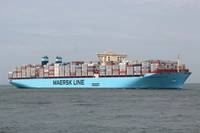
Shipping group Maersk said on Tuesday it was among a group of companies backing a plan to build Europe's largest green ammonia plant in Denmark as part of its ambition to shift to carbon-neutral ship fuel.The project, led by fund management firm Copenhagen Infrastructure Partners (CIP)…
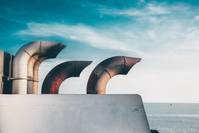
French oil major Total said it will contribute to a project led by shipping giant Maersk aiming to develop new alternative fuels and carbon neutral solutions for ships.The nonprofit Mærsk Mc-Kinney Møller Center for Zero Carbon Shipping was…
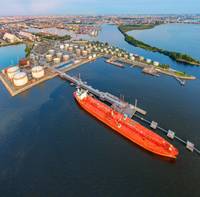
China's exports of clean marine fuels rose in December to a record since shipments began a year ago, taking 2020 exports of the ship fuel to 15.45 million tonnes, customs data showed on January 20, 2021.Chinese oil refineries began exporting…
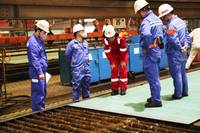
Proman Stena Bulk Ltd confirmed that steel cutting has commenced for its state-of-the-art IMOIIMeMAX methanol-fuelled 49,900 DWT vessel Stena Pro Patria, which is due for delivery in early 2022. Stena Pro Patria will be the first of the three…
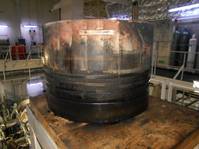
As shipowners mull the pros and cons associated with new fuels to meet tightening emissions rules, Chevron Marine is finding that some ship owners that switched older engines to very low-sulfur fuel oil (VLSFO) are reporting build-up of red deposits on piston crowns and top edges…

In the next decade, we’ll see more accelerated change in shipping fuels than we’ve seen in the last century. What does this heightened diversity mean for shipowners? They must be nimbler than ever – a shift that requires work. It means greening supply chains…



